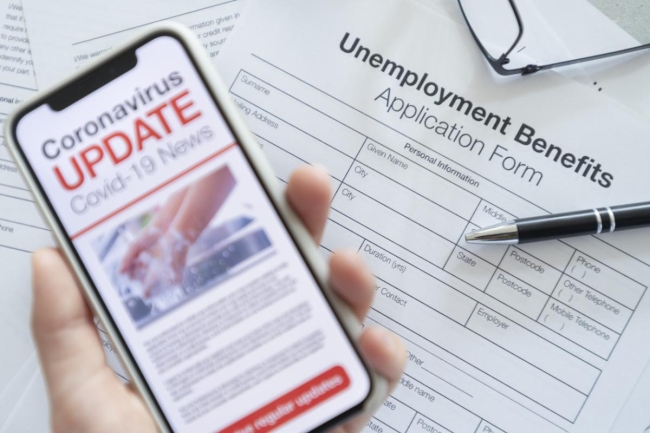You have /5 articles left.
Sign up for a free account or log in.

iStockphoto.com/courtneyk
New survey data show that nearly three in four leisure and hospitality workers have lost jobs, income or hours as a result of the coronavirus pandemic. Over all, more than 50 percent of Americans report the same.
For weeks, Strada Education Network has kept up a survey asking Americans how they’ve been impacted by the pandemic. In early April, the survey demonstrated just how deeply the pandemic was affecting the country, showing spiking numbers of respondents losing jobs, hours or income.
On Wednesday, Strada researchers and experts summarized week six results, which expanded on previous results and examined job loss and education plans by industry in which workers are employed.
Over half of information technology workers are worried about losing their jobs, income or hours during the pandemic, and two-thirds of education workers say the pandemic will affect them personally for at least six months, the survey showed.
The data on IT workers were surprising, said Nicole Smith, chief economist at the Georgetown University Center on Education and the Workforce.
“That is interesting, because everybody is telecommuting, right?” Smith said. “What it points to is the interconnectivity of all of these types of occupations and the way we produce things. If you’re an IT worker for a large restaurant or a large retail business, they’re closing, and you’re going to lose your job.”
Thirty-six percent of Americans said they would change career fields if they lost their jobs, and nearly half of manufacturing, finance and information technology workers said the same.
A majority of American workers prefer nondegree, skill-based education and training programs over completing a college degree, the survey shows.
So far, Smith hasn’t observed colleges trying to recruit students from industries with major job losses.
“It’s really community colleges that are on the forefront of finding the best ways to connect education and training,” Smith said. “Other universities, flagship universities -- they’re the ones that are just now trying to figure out, ‘Well, how do we make sure that our students are connected to jobs?’”
Whether job losses will lead to a greater number of adults registered for online courses is still to be determined.
“Based on the Strada data, it seems to be no,” Smith said. “A lot of people are pessimistic, and there isn’t much energy for getting on and doing these online classes.”
The fraction of Americans feeling generally worried about the pandemic is notably down this week, from 50 percent to 46 percent, the biggest change in this metric since the beginning of April. During a webinar about the results, Andrew Hanson, director of research at the Strada Center for Consumer Insights, noted that one silver lining in the data is Americans' apparent adaptation to a new normal.
“Even if they’re still feeling the impacts, they’re adapting very quickly and coming to terms with it,” he said.
Every week, Strada's Center for Consumer Insights polls 1,000 Americans for the survey.




